MAGICA Summer School: AgriTech, Climate Transition and Sustainability
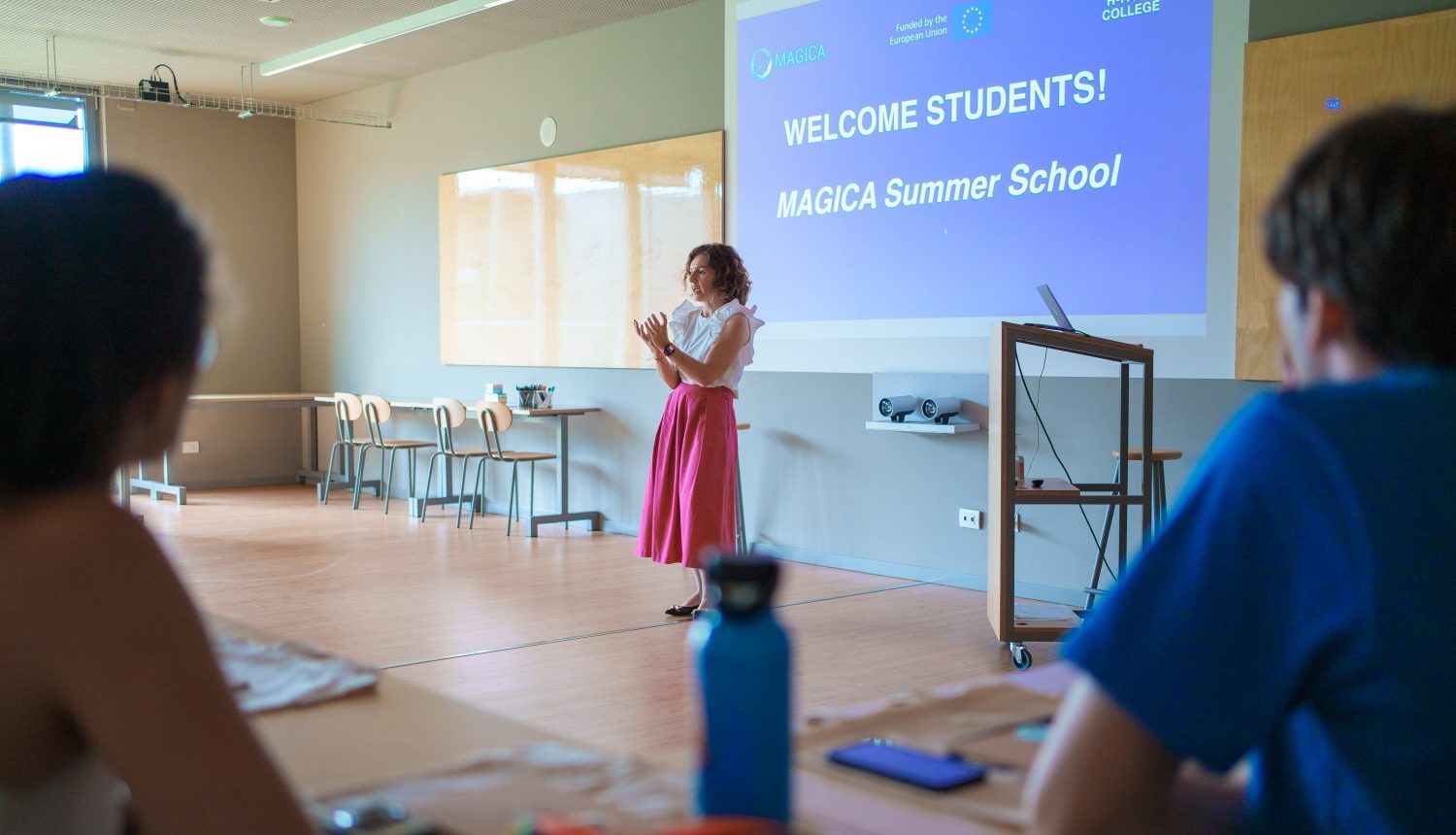
From 1 to 5 July we hosted 19 students from all over the world for an important European project on climate change.
MAGICA Summer School – 2024 edition – saw participants delve deeper and explore the topic ‘AgriTech, Climate Transition and Sustainability‘, focusing on the application of technology and digital technologies to agriculture in order to address climate challenges.
MAGICA – acronym for “MAximising the synergy of European research Governance and Innovation for Climate Action” – is a coordination and support action financed by the Horizon Europe program and coordinated by the CMCC Foundation – Euro-Mediterranean Center on Climate Change. The project involves 24 organizations with the aim of creating a multi-directional dialogue on climate change.
The week opened with an introduction on the topics of AgriTech and the future of sustainable agriculture, by Daniele Modesto, CEO of Zero Farms. The students then explored the impact of climate change on agriculture with Gabriele Pizzileo, agronomist of the Euro-Mediterranean Center on Climate Change-CMCC. Maria Teresa De Sanctis (Founder – Green Manager Lab) and Luca Baglivo (Director – Creda Onlus) led a special lab on hydroponic agriculture, making students discover all the secrets of growing plants in water and the impact of these techniques innovative. Among the speeches in the room was also that of Maria Claudia Pignata, CEO of VeniSIA, who illustrated how Venice can be considered a model of innovation for the future.
“MAGICA Summer School for me was a real journey dedicated to the rediscovery of personal passions and aptitudes through unique experiences”. Anna
Led by the manager of H-FARM’s Entrepreneurship & Startup Center Zeno Tosoni, the students put themselves to the test with the Acceleration Lab. After dividing themselves into groups, they worked together to transform their ideas into real entrepreneurial projects in agritech field. The projects – on different themes – were then presented and discussed in front of a jury of experts. The winner was the “PLYGN” project.
“Our project was based on new EU legislation, which requires companies that produce cocoa and coffee beans in the EU to obtain a certified polygon mapping of the farmers’ land that exports these raw materials (cocoa and coffee beans) to them. The project’s problem was urgent, and our solution was to create a user-friendly platform to assist farmers with polygon mapping and other certificates needed for the legal process. As a team, we had a great experience working together and brainstorming for this challenge. It was a new territory for us, and we learned a lot over these five days.” Neeti
This year too MAGICA was much more than a Summer School: the mix of lectures, labs, recreational activities and networking moments allowed participants to acquire knowledge, develop practical skills and above all create connections that we hope will prove invaluable for the future of students.
See you next edition!
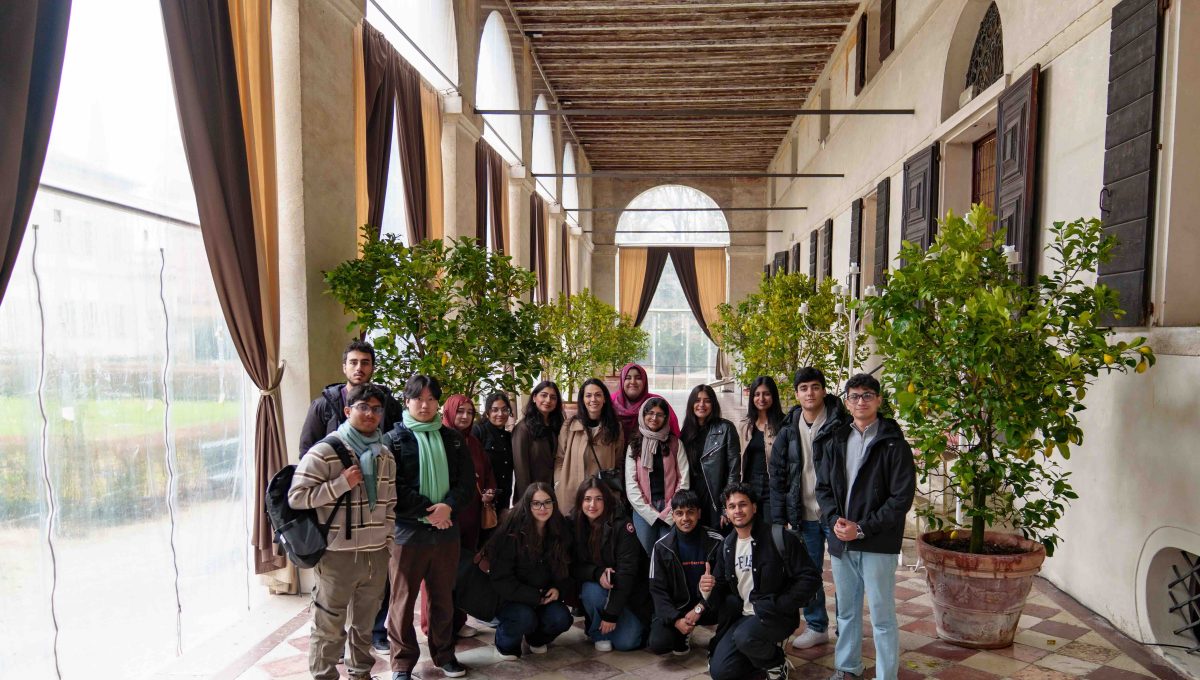

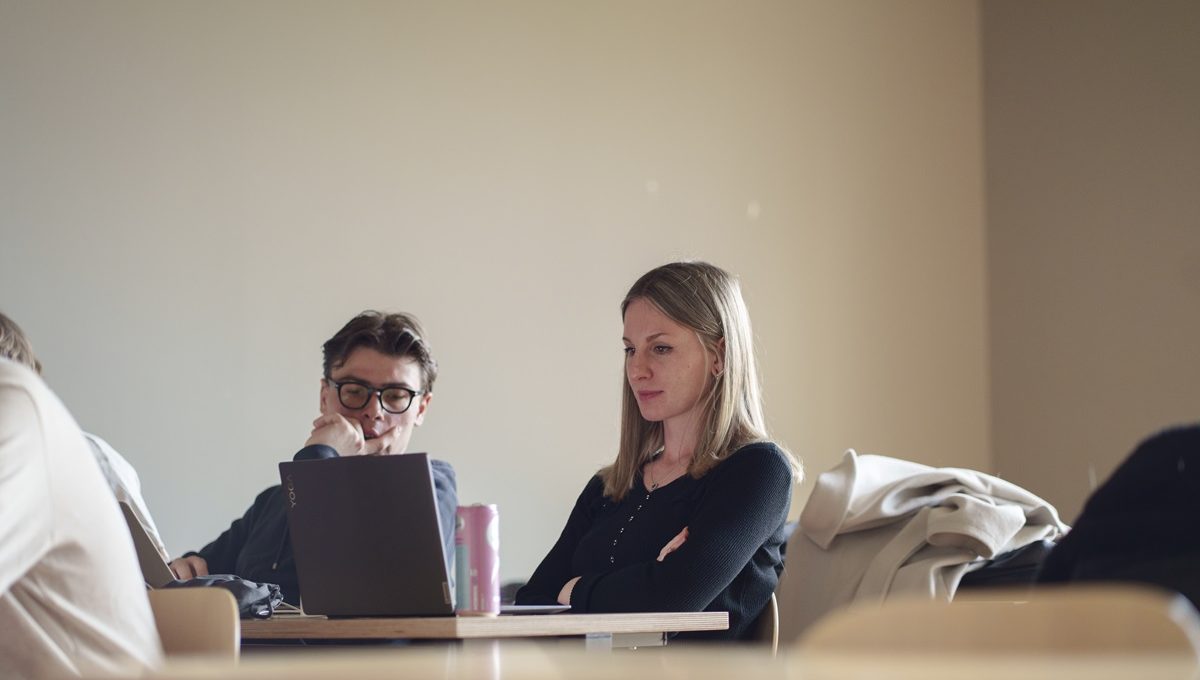
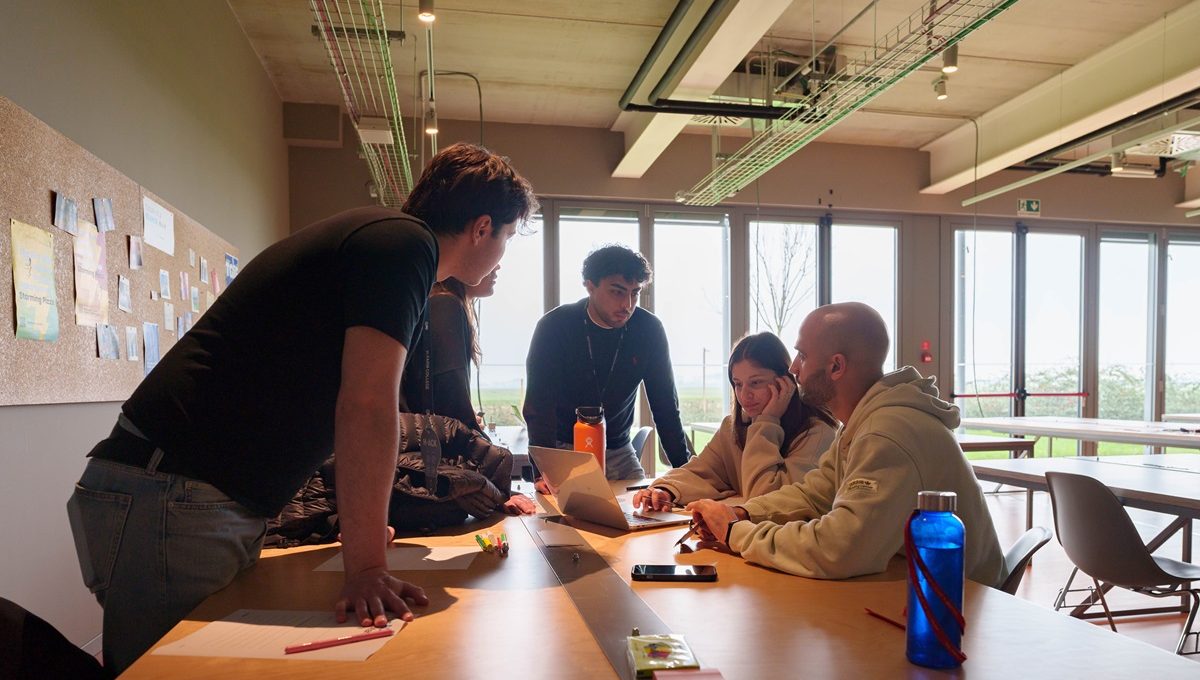
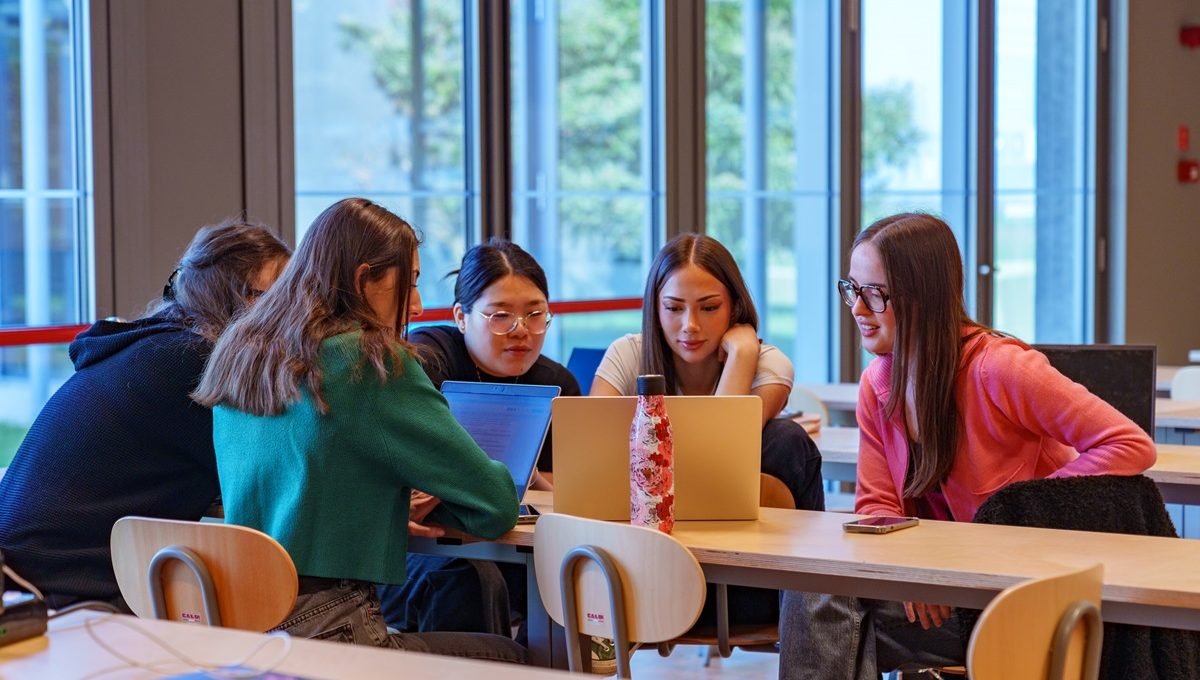
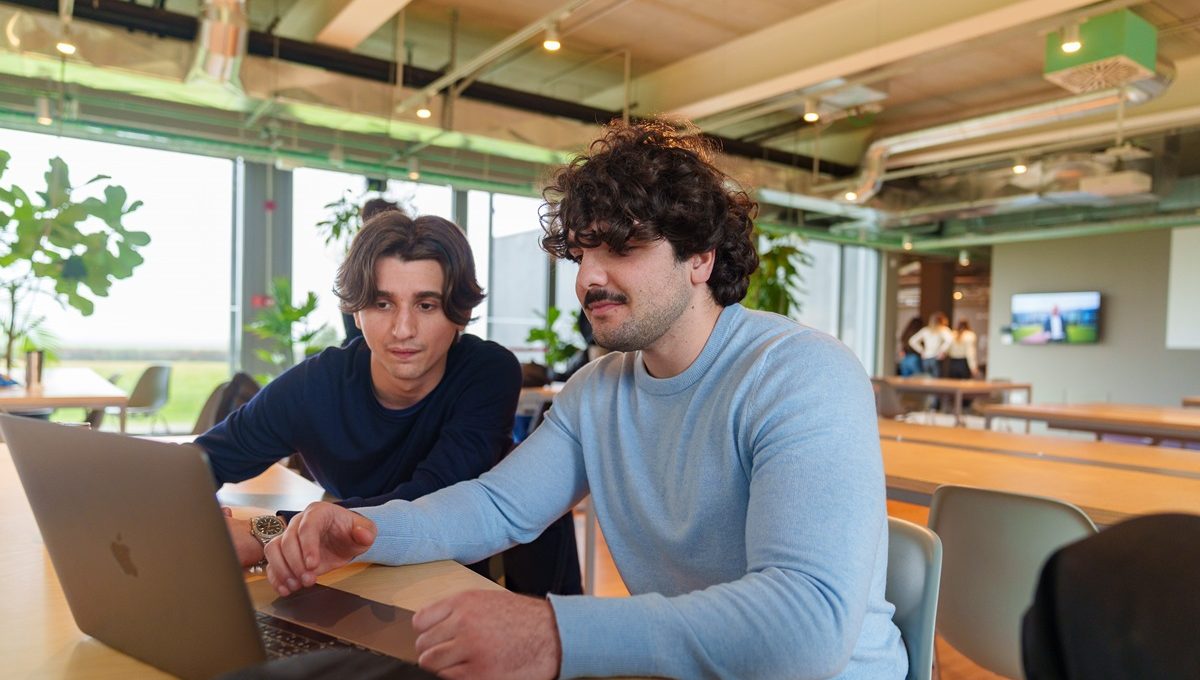
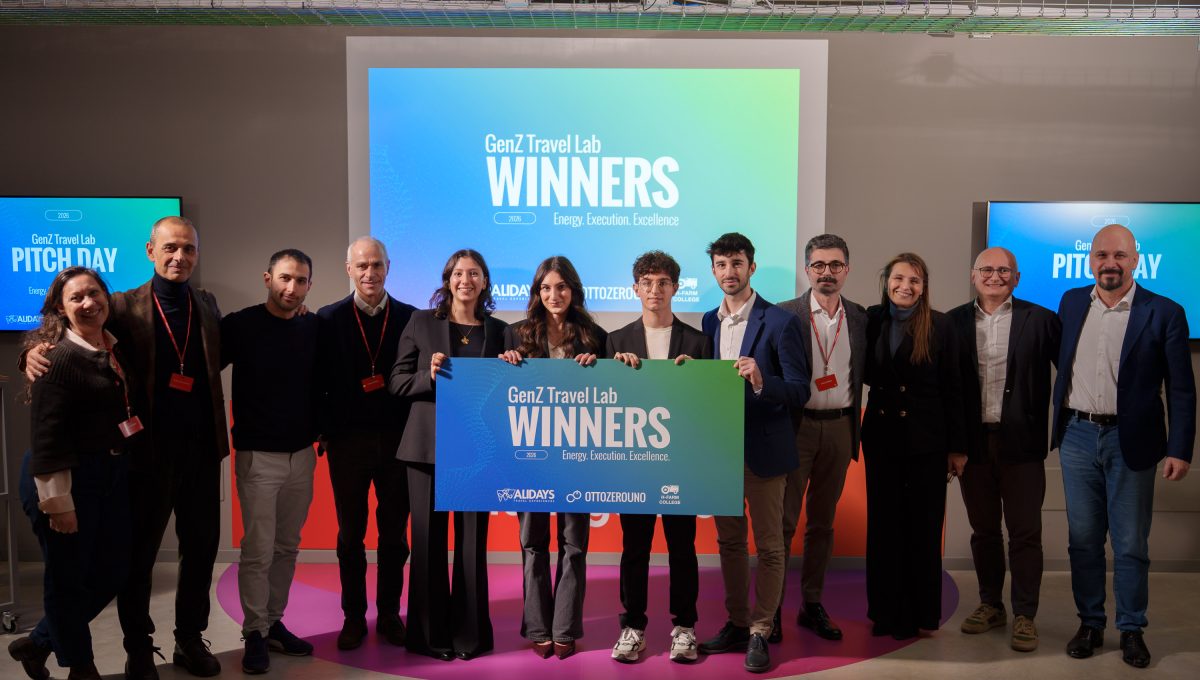

 Back
Back
